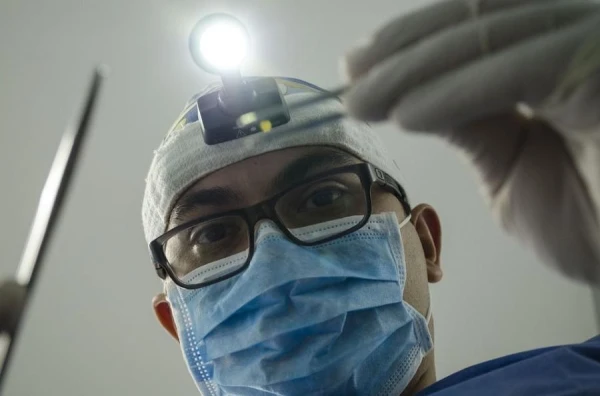
Everyone has had to visit a dentist at least once in their life. However, as it turns out, certain dental services in Latvia are becoming increasingly exclusive — not only in terms of price but also in availability.
For example, today there is only one orthodontist for every 46,000 potential patients — a specialist who deals with correcting bite and tooth positioning.
Waiting times – up to nine months
The average waiting time for an appointment with an orthodontist is from 160 to 275 days, that is, from five to nine months, depending on the region. This was reported by lawyer Juris Matisans, who initiated an investigation into the issue of compliance with the right to timely medical assistance. He also contacted the Ministry of Economics, claiming that the current situation directly affects the human capital of the country.
The reason for this absurd situation lies in the dental profession standards approved in 2021. According to the document, general practice dentists can only assess the condition of teeth and jaws but are not allowed to perform even the simplest orthodontic treatment. They are required to refer patients to certified orthodontists — which means waiting in a six-month queue.
"It would be more logical to allow general practice dentists to treat mild cases themselves, where complications are unlikely. Currently, orthodontists spend time on elementary procedures, while those who really need complex treatment have to wait for months," says one dentist who wished to remain anonymous to avoid conflict with influential figures in the industry.
All power is in the hands of one structure
After checking the documents, journalists found that the professional standard was developed by the Latvian Association of Dentists (LZA), and the working group is almost entirely composed of employees from the Dental Institute of the University of Stradins (RSU SI). This institution also controls the training and certification of specialists.
In essence, one organization — RSU Stomatoloģijas institūts — regulates the training, certification, and practice of orthodontists, and also owns its own Orthodontics Clinic, where most of the country's specialists are concentrated.
Latgale — without orthodontists
According to the Ministry of Health, out of 27 orthodontists contracted with the National Health Service, 23 work in the Riga region, two in Zemgale, one in Kurzeme, and one in Vidzeme, while there are none in Latgale.
"I am from Latgale myself. We don't have a single orthodontist! Even if a regular dentist could help, you have to go to Riga, Jelgava, or Liepaja," Matisans exclaims.
This, according to him, violates patients' rights to accessible treatment: "The Patient Rights Law guarantees everyone equal opportunities to receive quality medical care. But in Latgale, this principle simply does not work."
The wealthy elite of dentistry
According to data from the State Revenue Service published by the portal Puaro.lv, among the highest-paid medical professionals in Latvia for 2024 are 11 orthodontists, with annual incomes ranging from €113,000 to €270,000. This means that at least a third of orthodontists earn over €10,000 a month before taxes.
At the same time, training to become an orthodontist at RSU costs up to €15,000 per year, and the state funds only one residency in this specialty each year. Thus, the influx of new specialists is artificially limited.
"Cartel" under cover
Such a situation allows a narrow group of specialists to maintain a monopoly and control the market. Meanwhile, RSU Stomatoloģijas institūts previously stated that "there is no equivalent level of competence in private clinics," — however, this phrase later disappeared from the institution's website.
Juris Matisans summarizes: "The state has handed over the certification of medical professionals to private organizations without proper oversight. As a result, young doctors and patients become hostages of a closed system. It is time for the Competition Council to assess whether this order has turned into a real cartel.




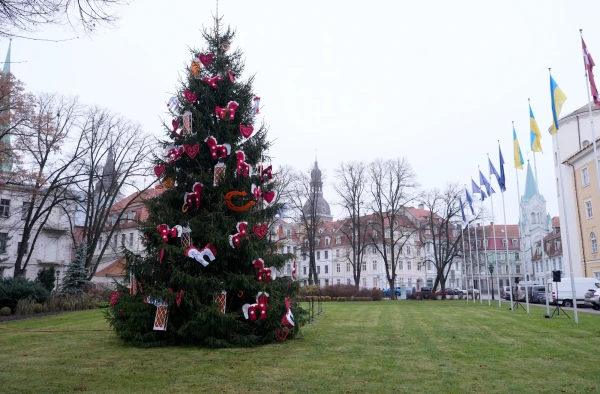


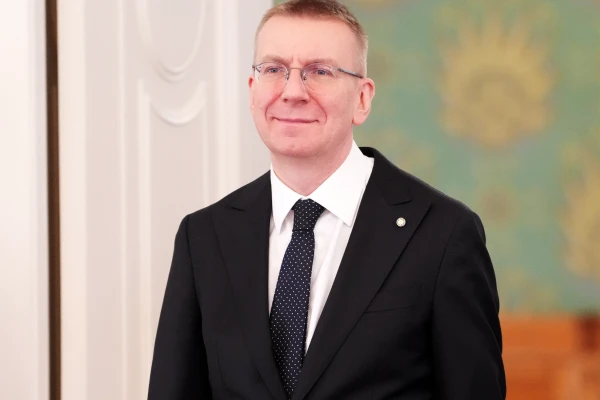

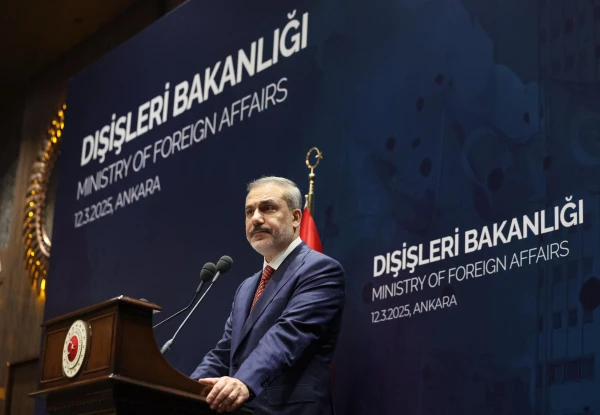

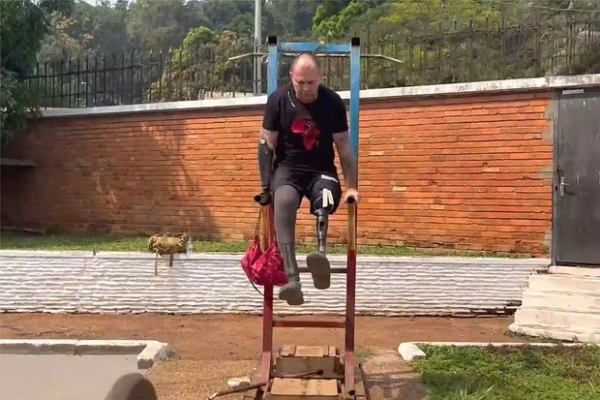

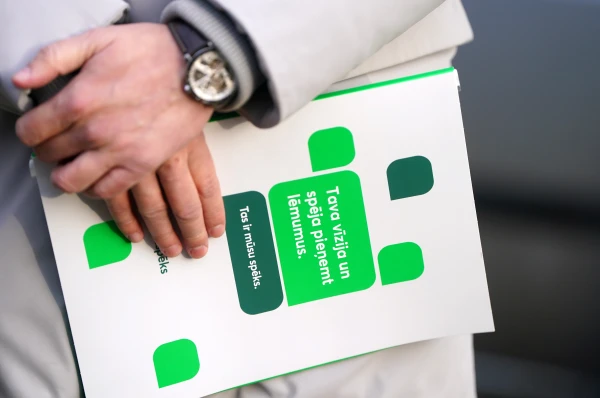

Leave a comment